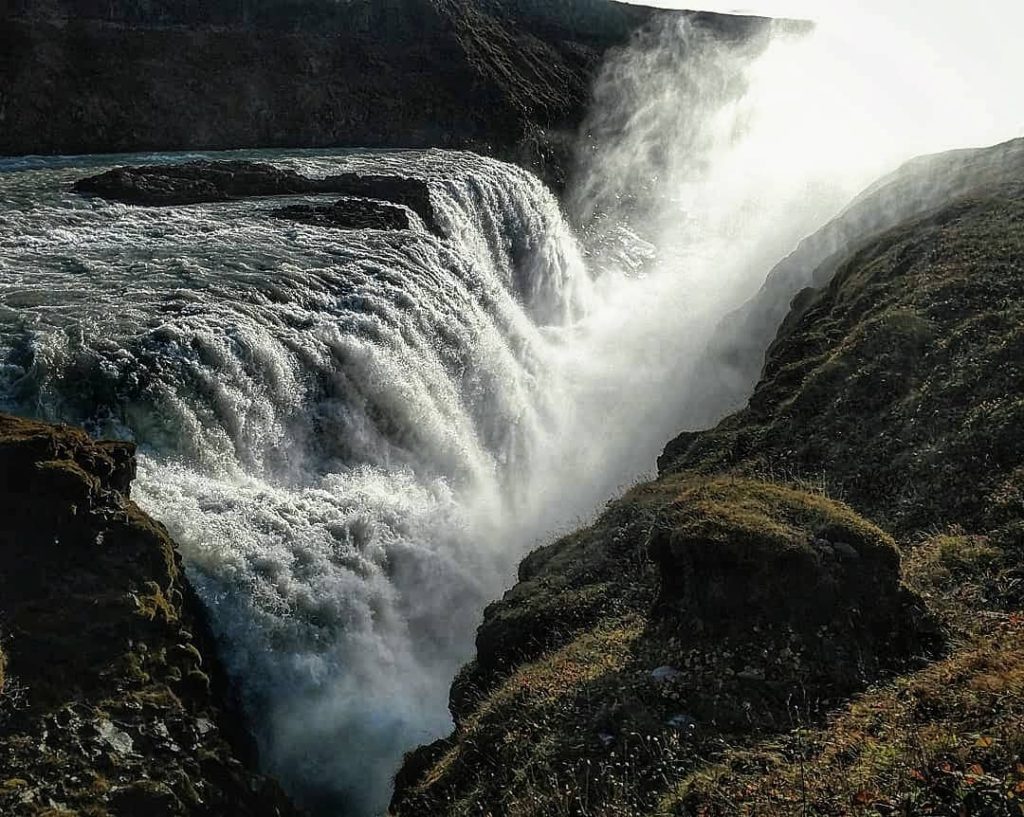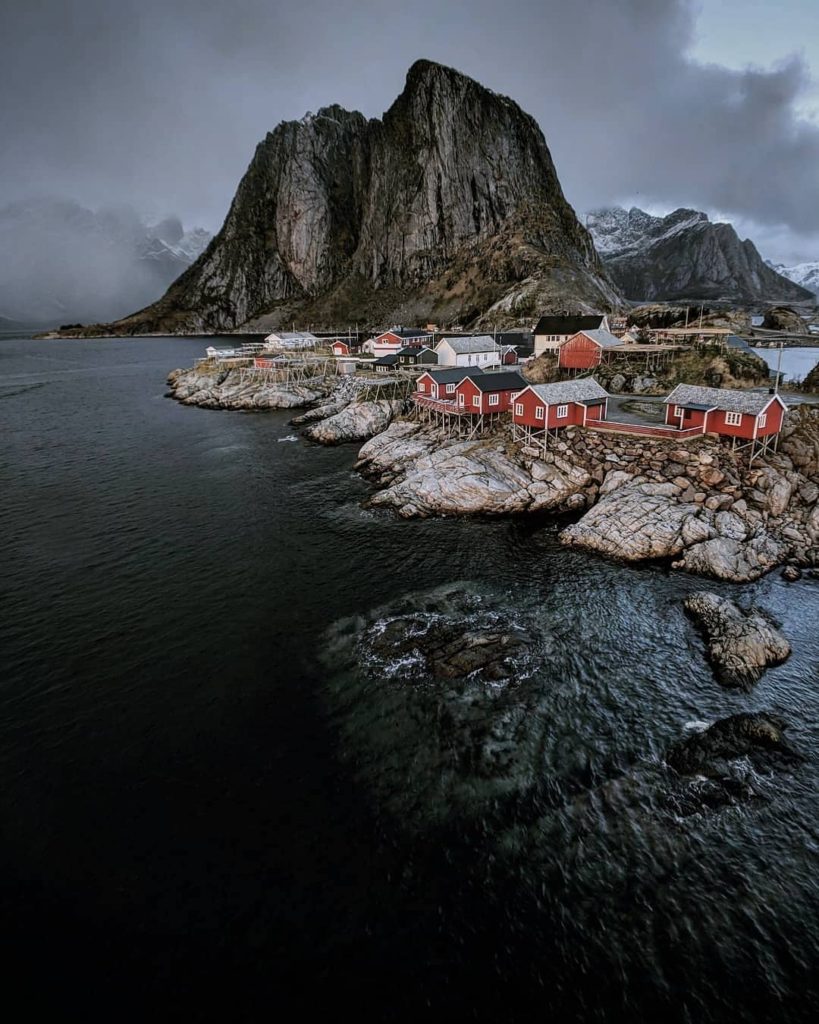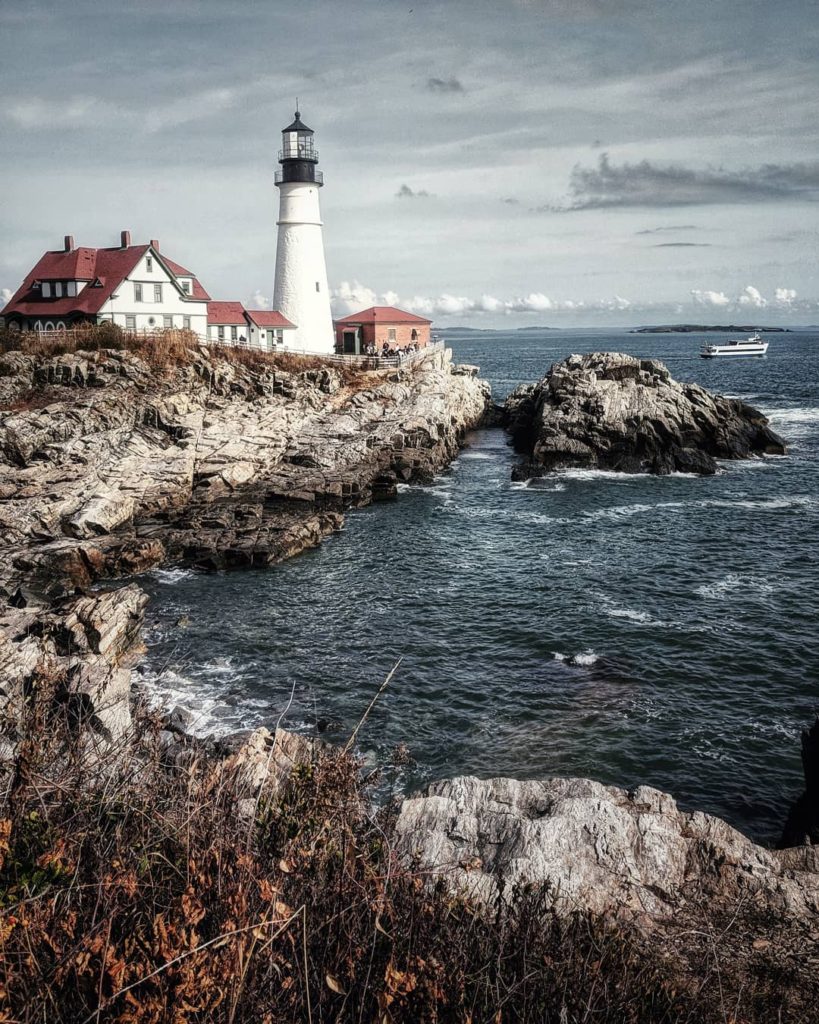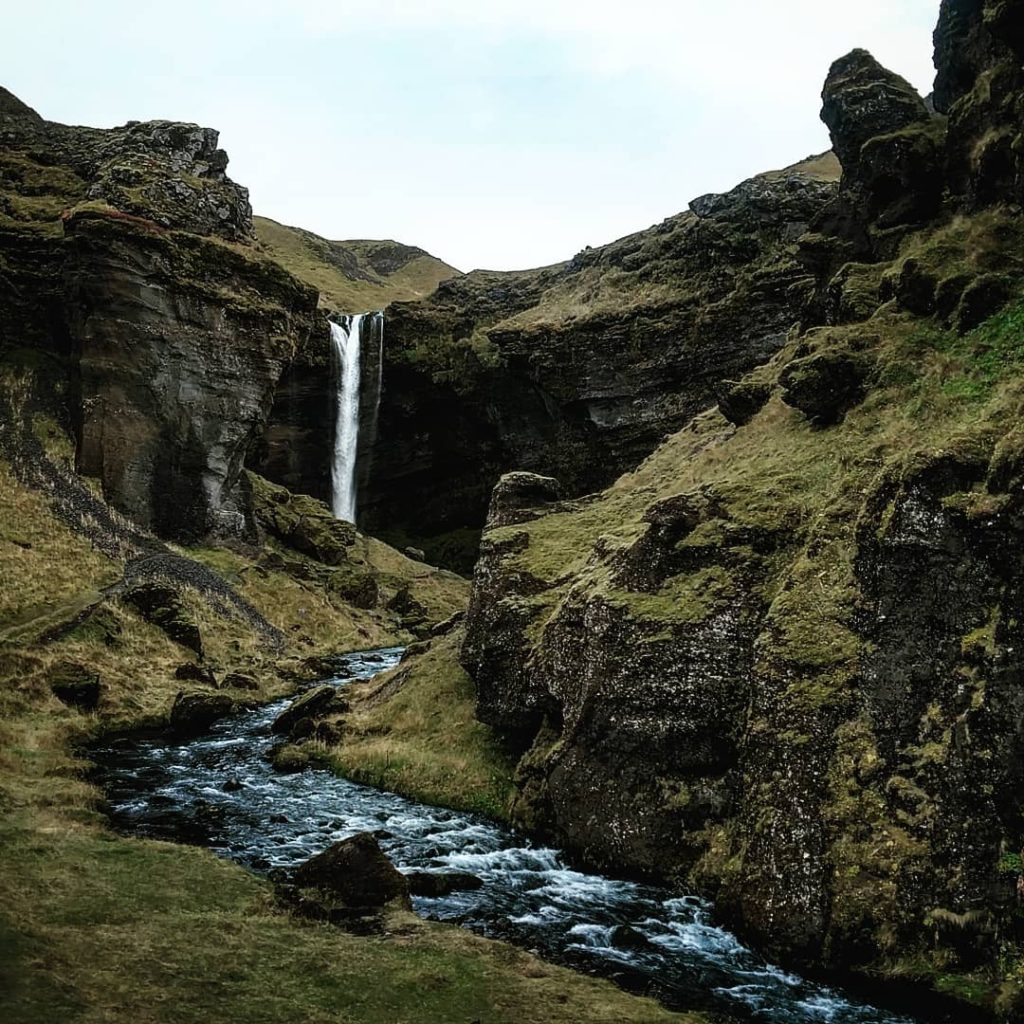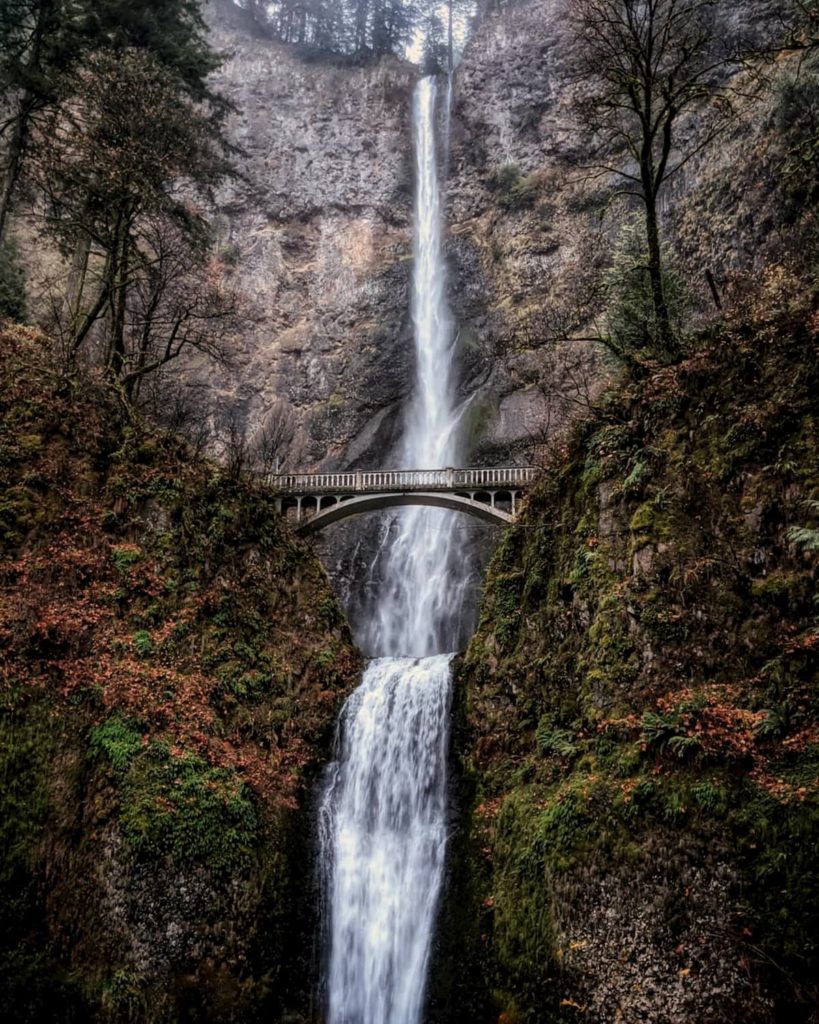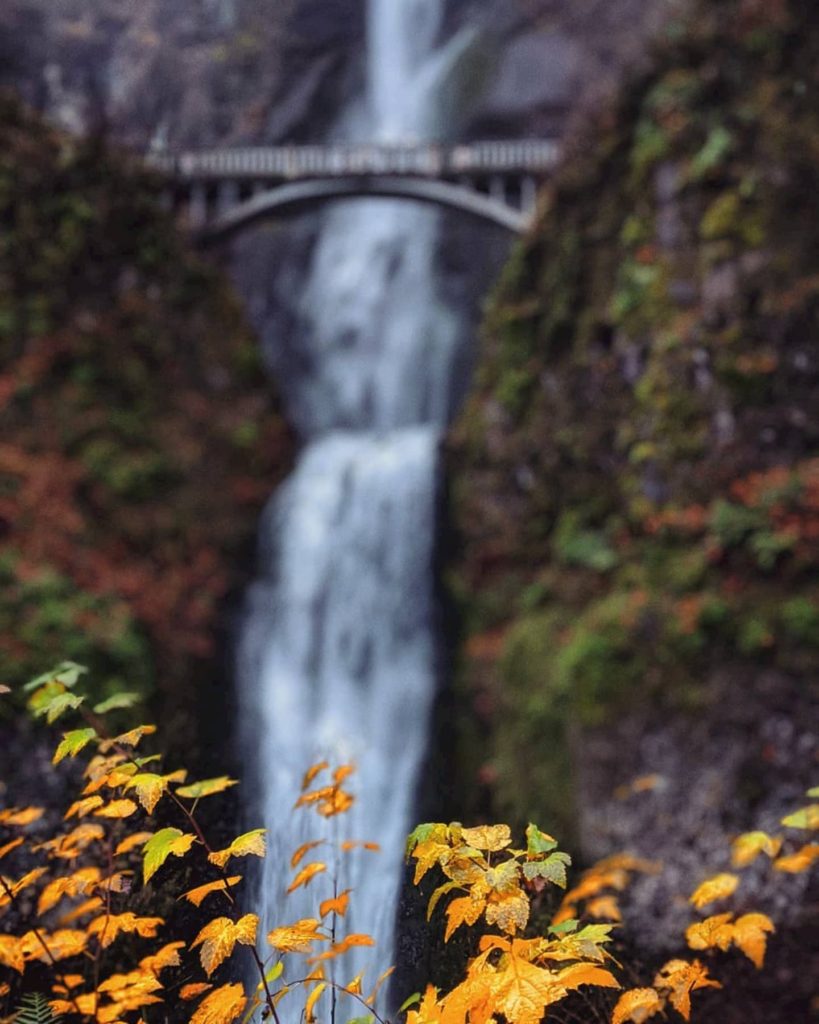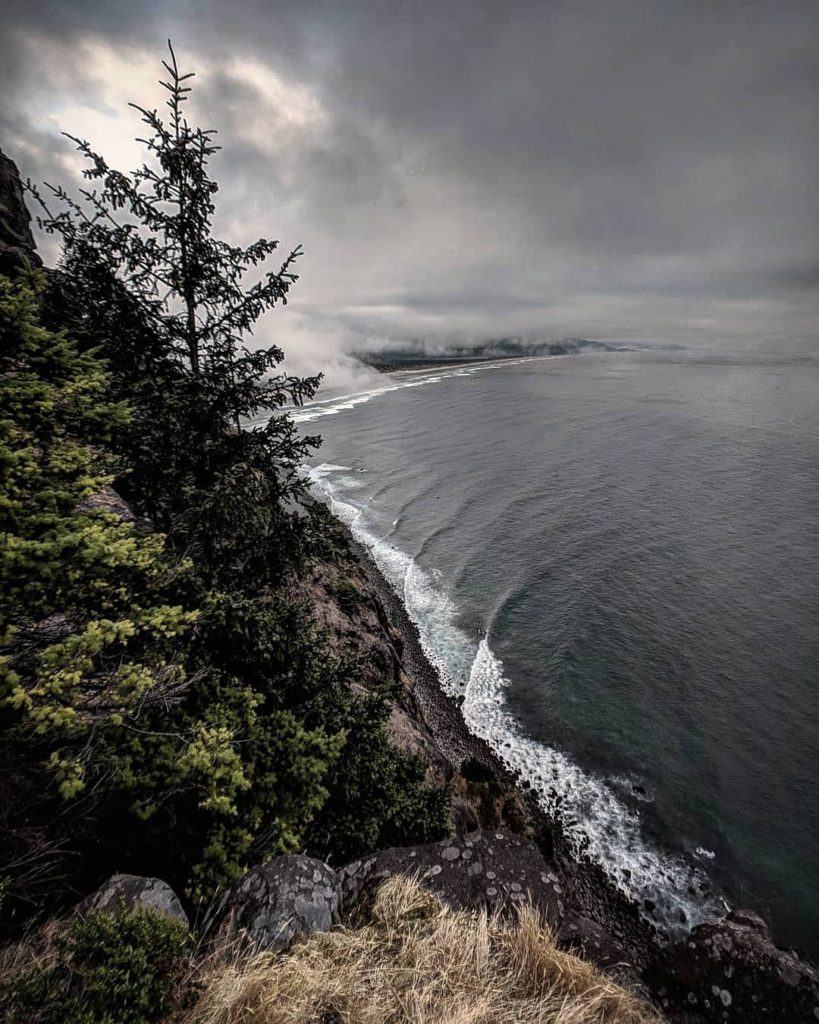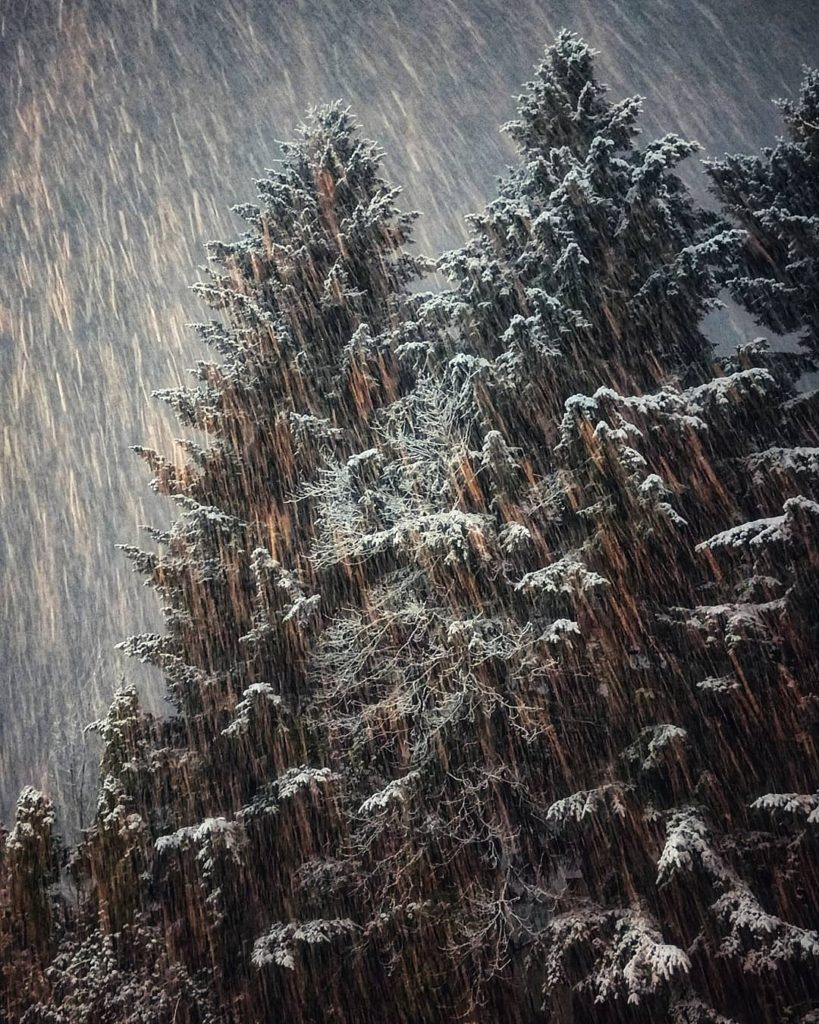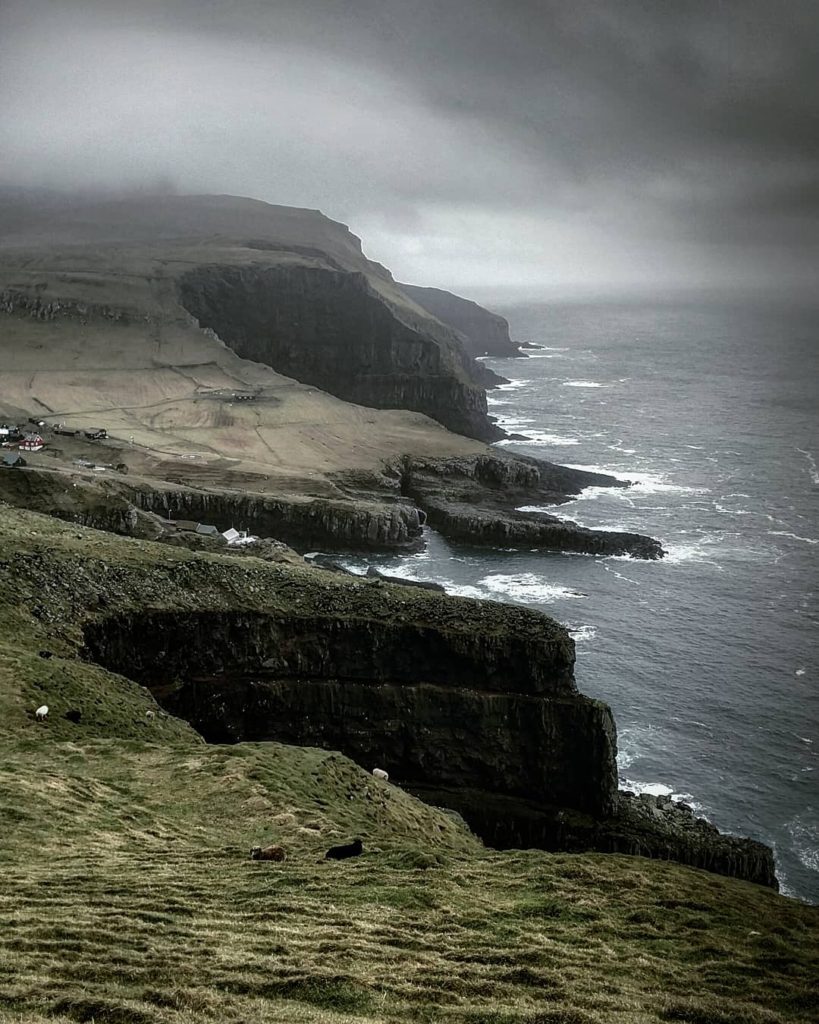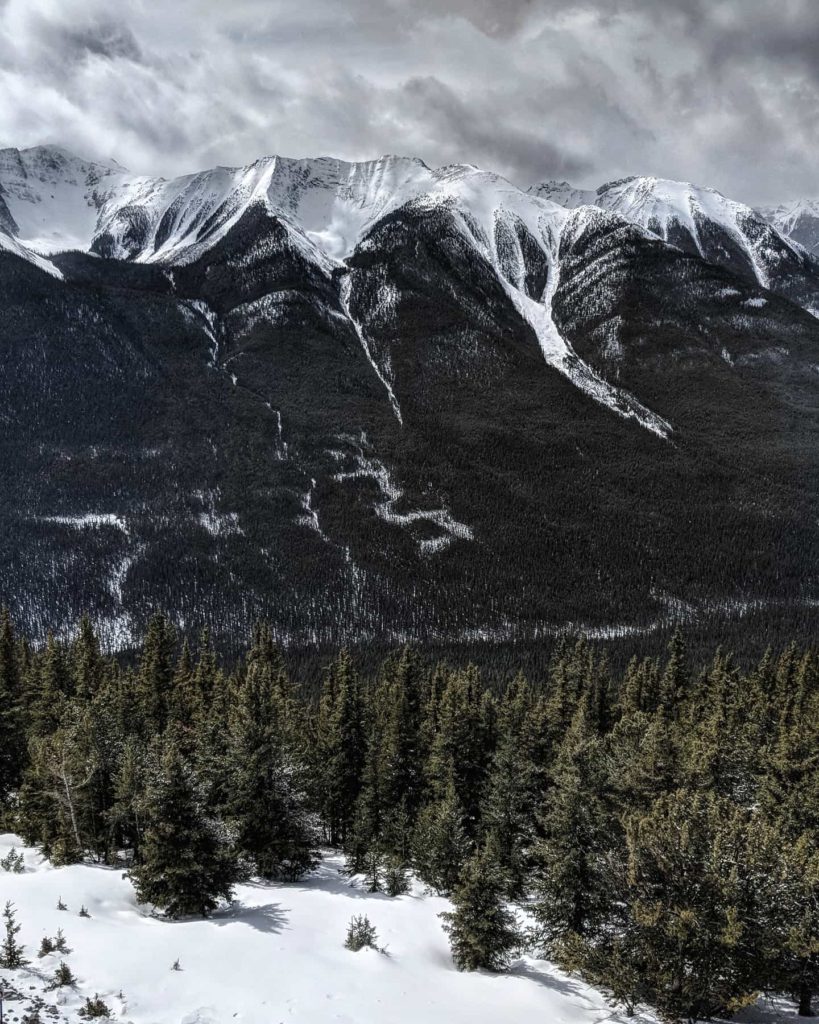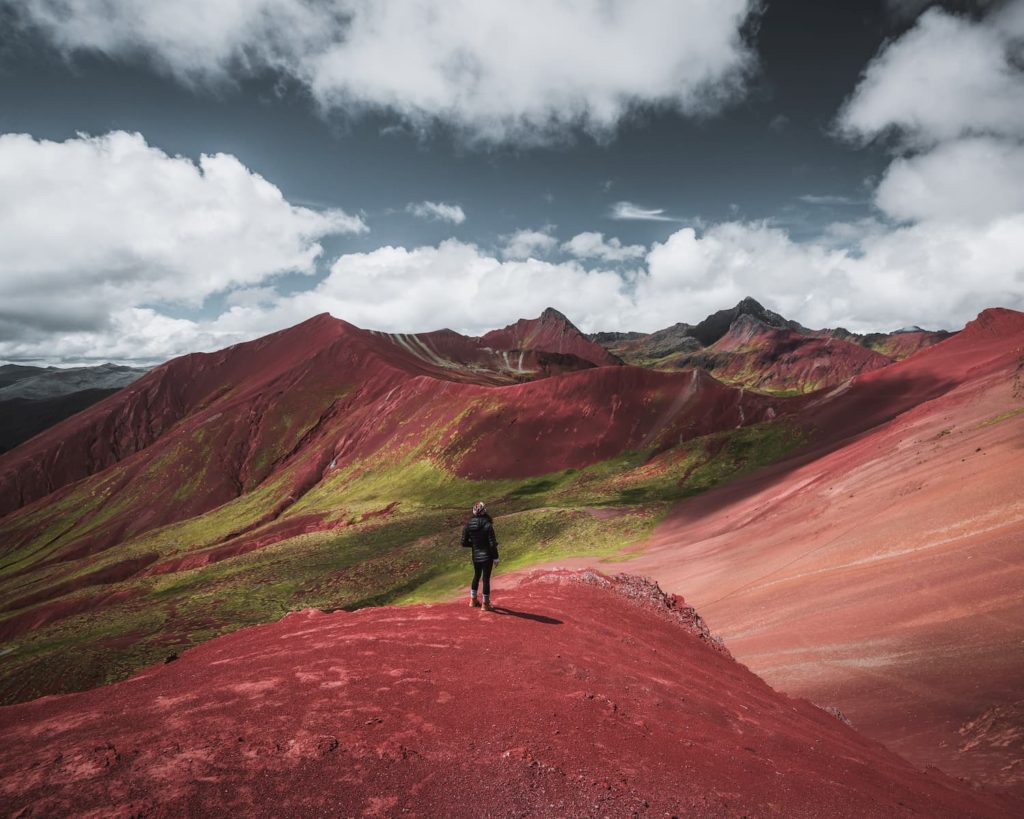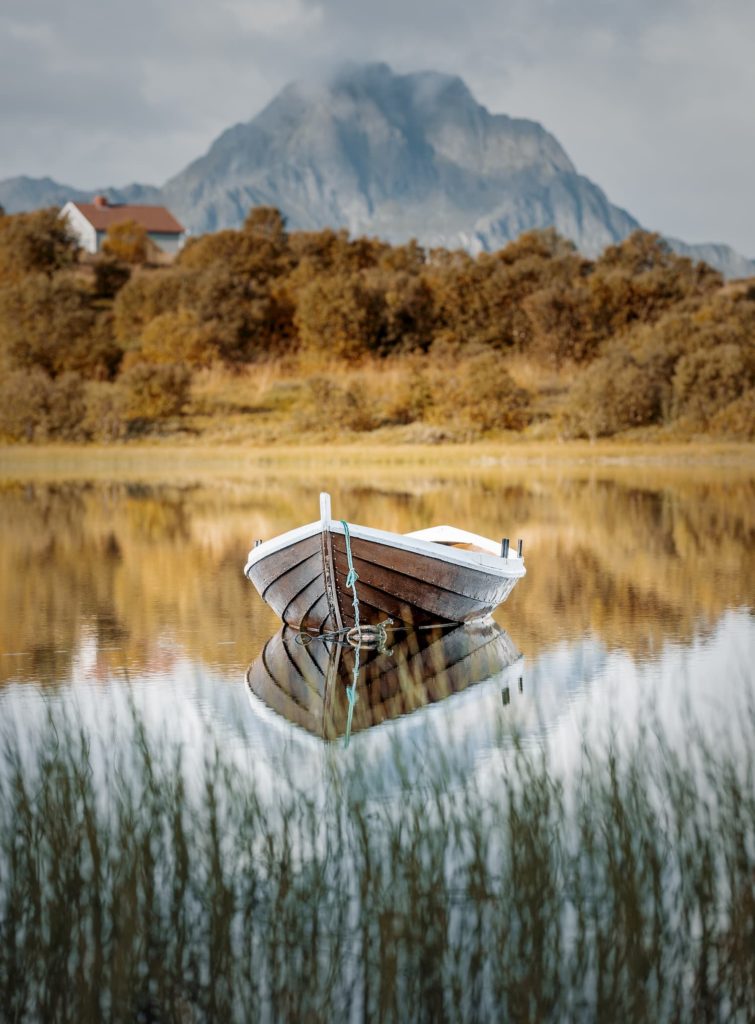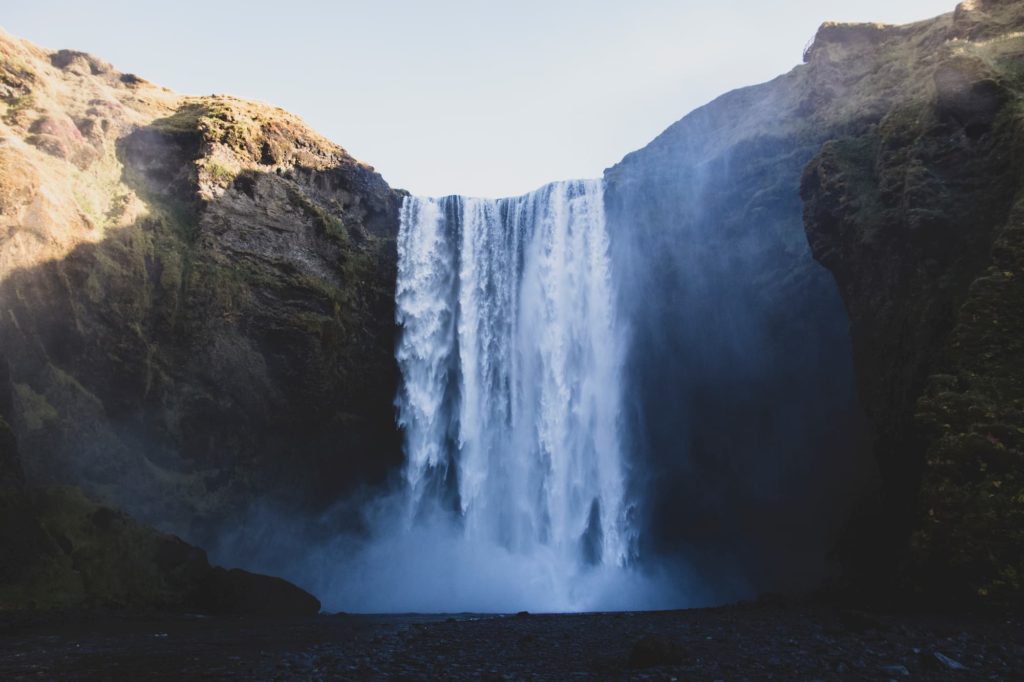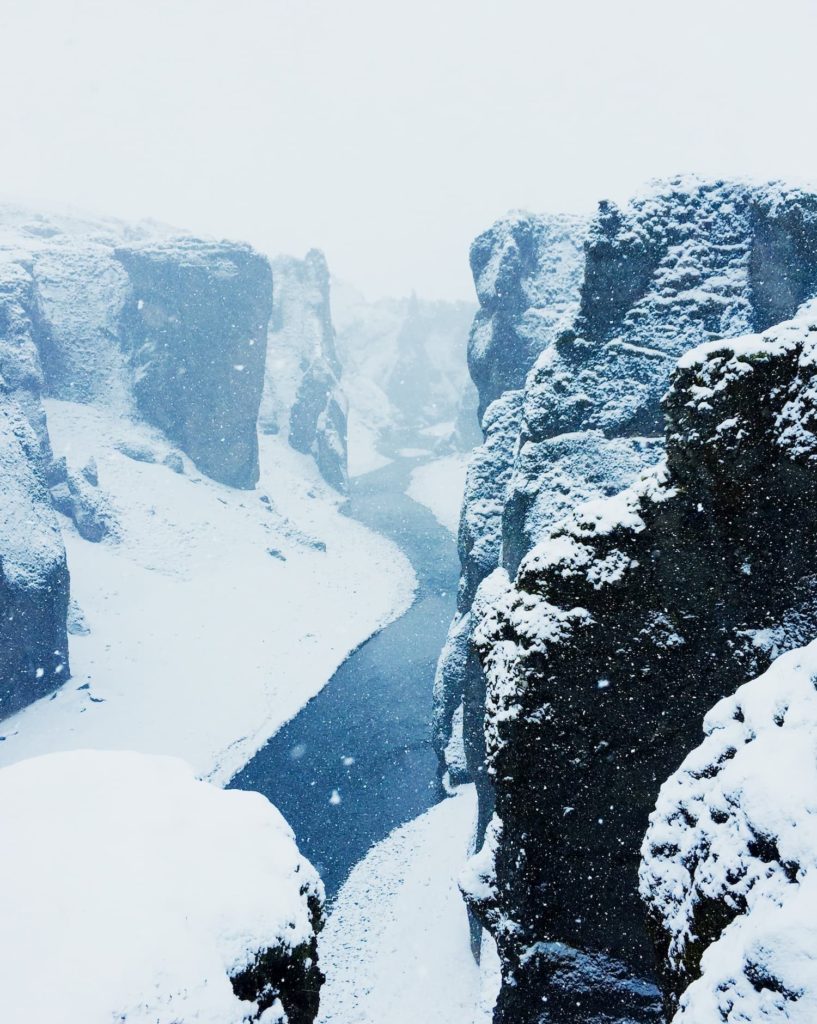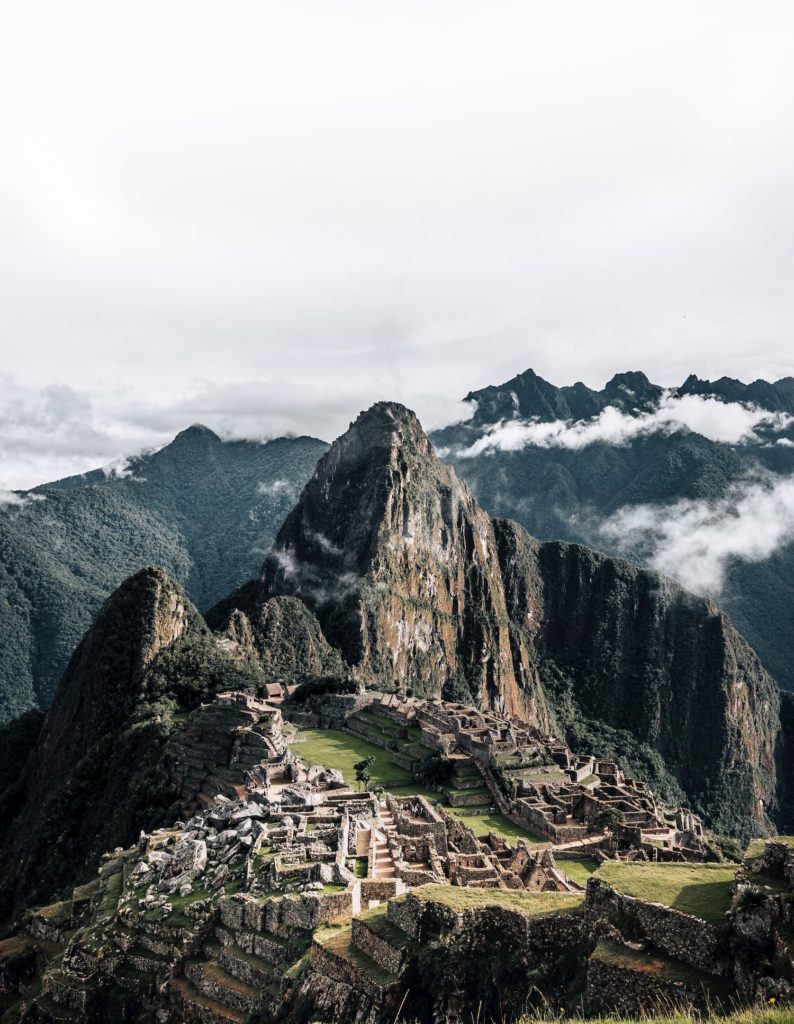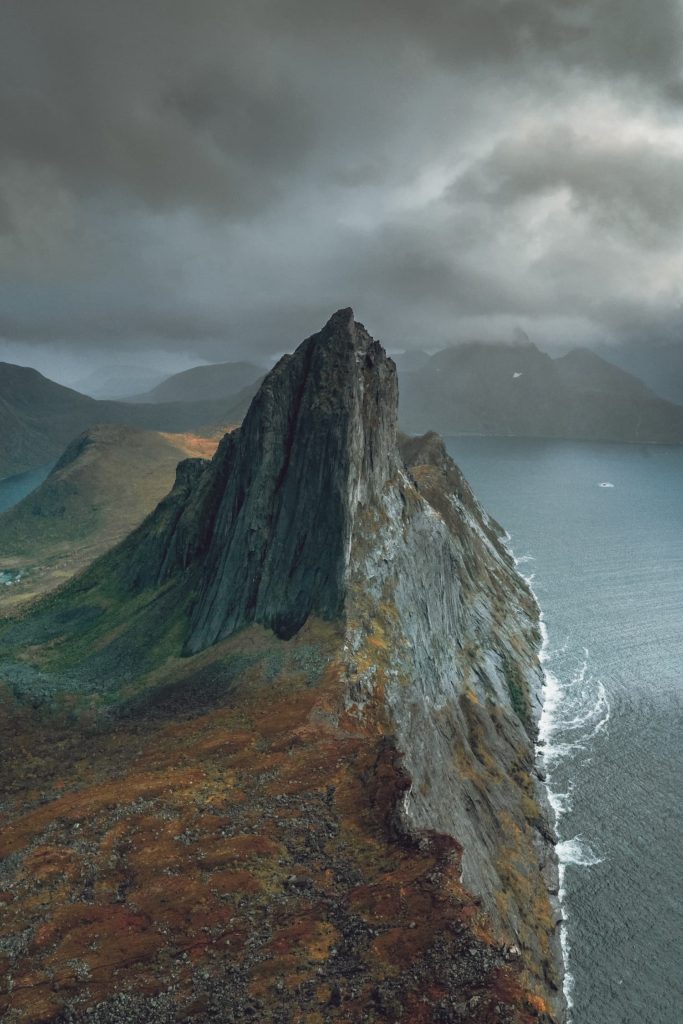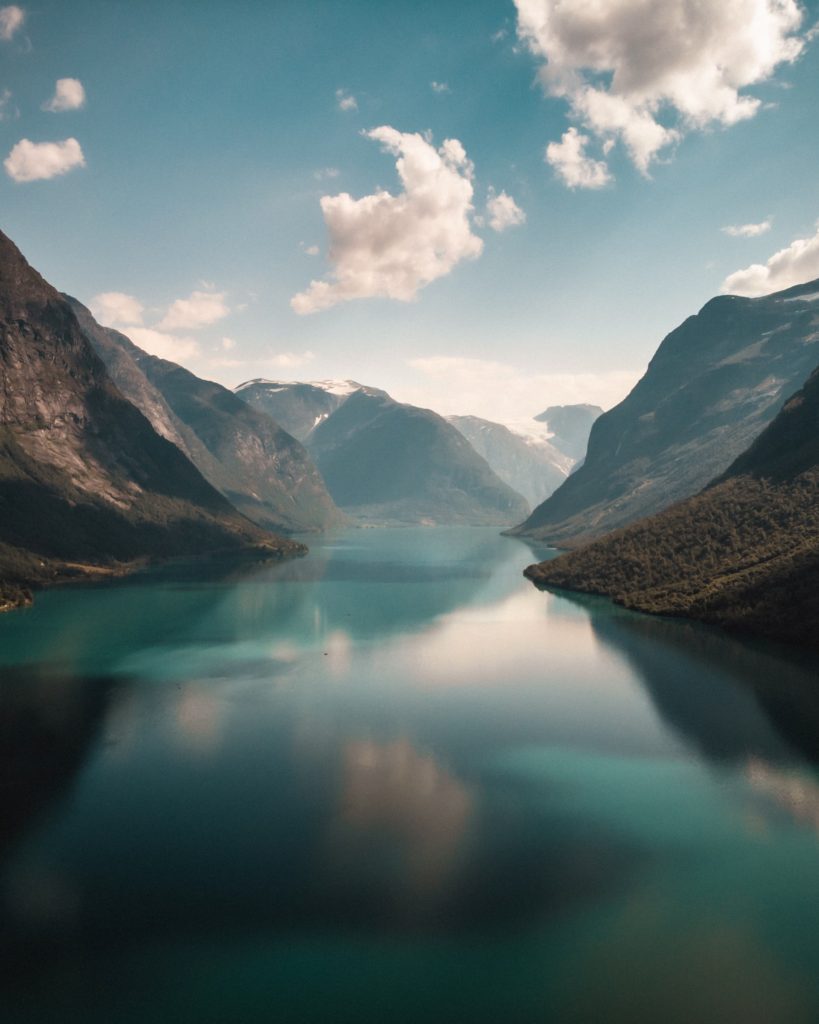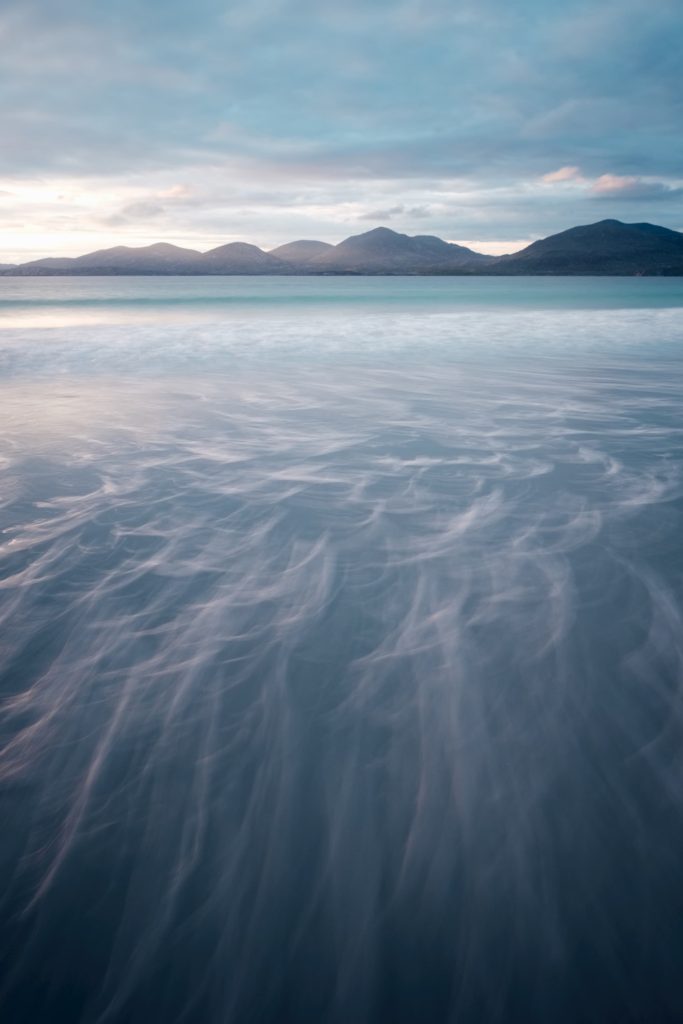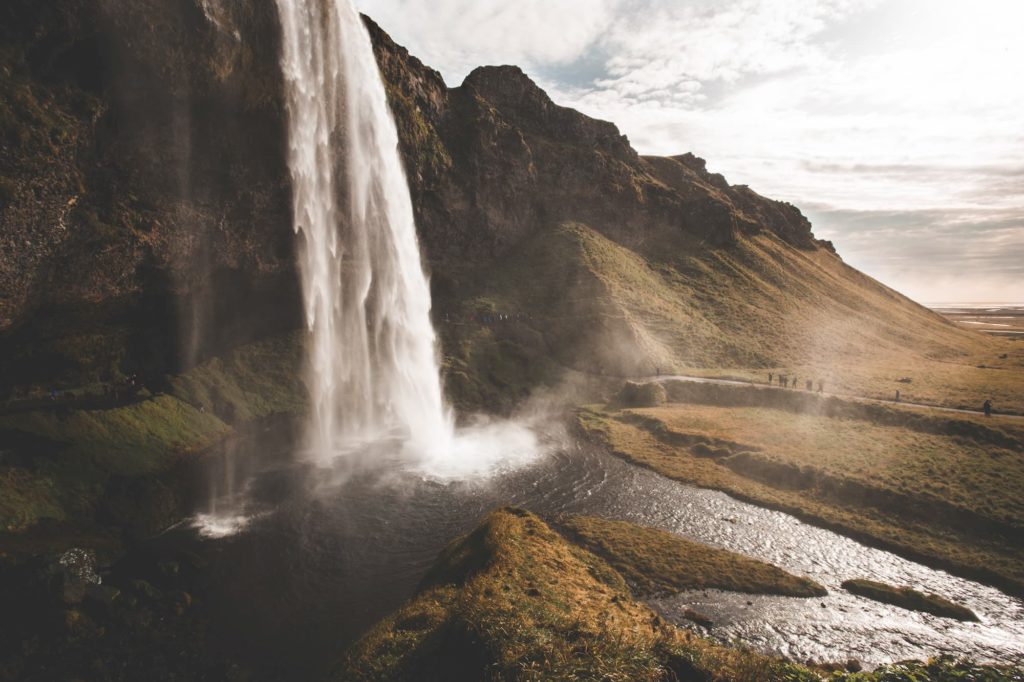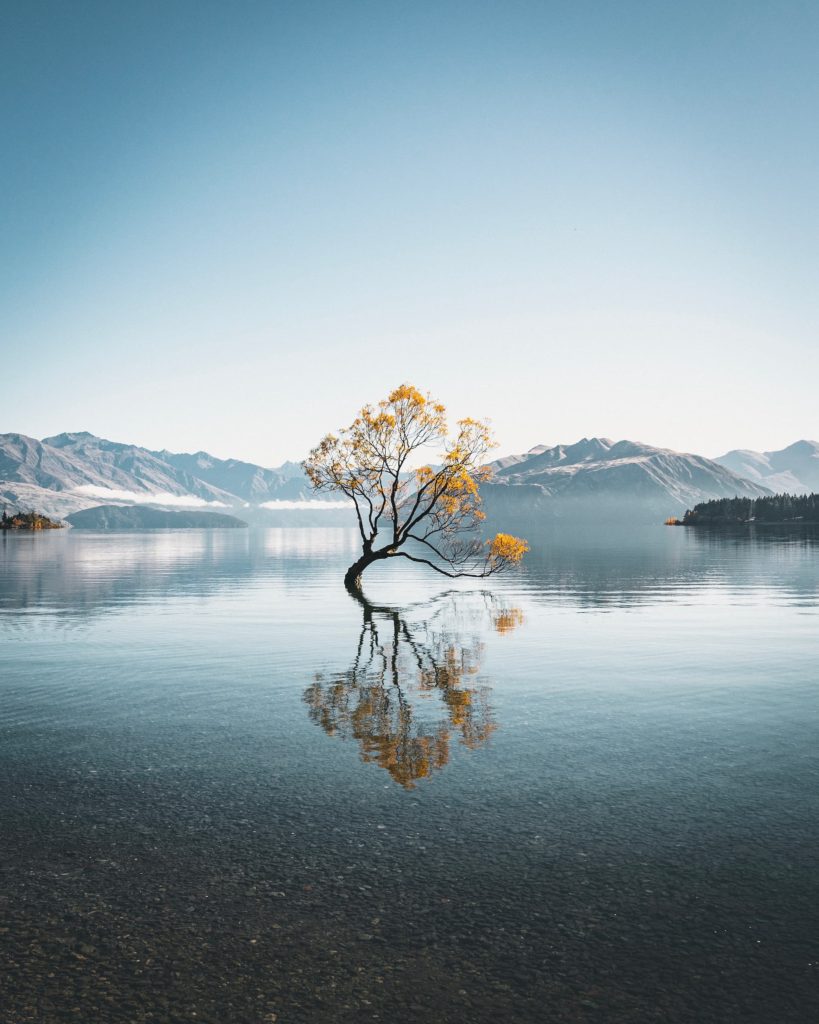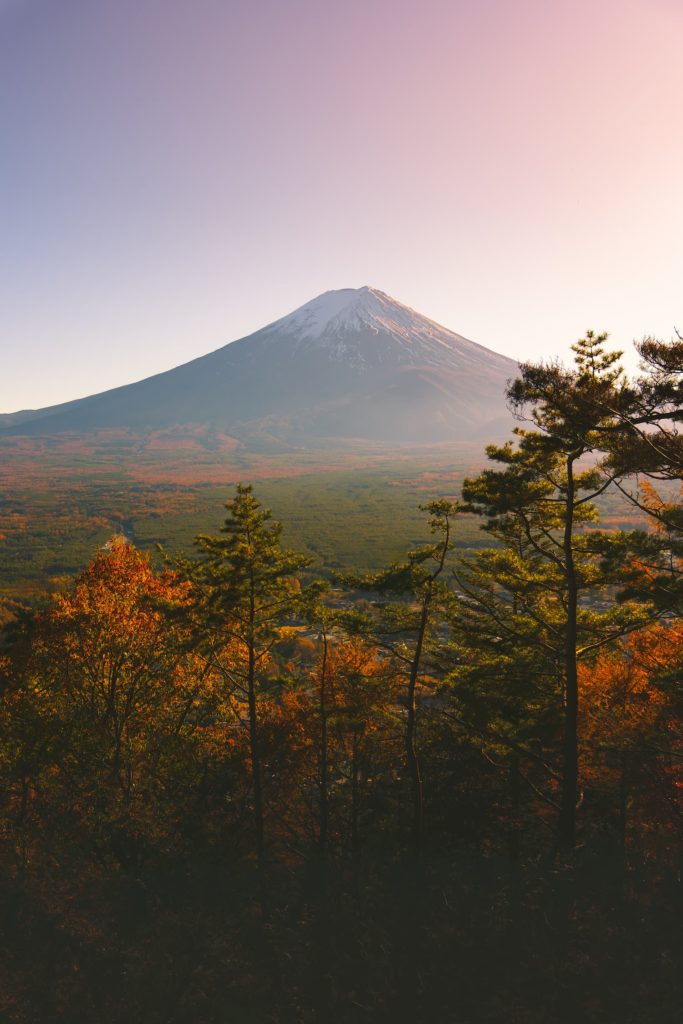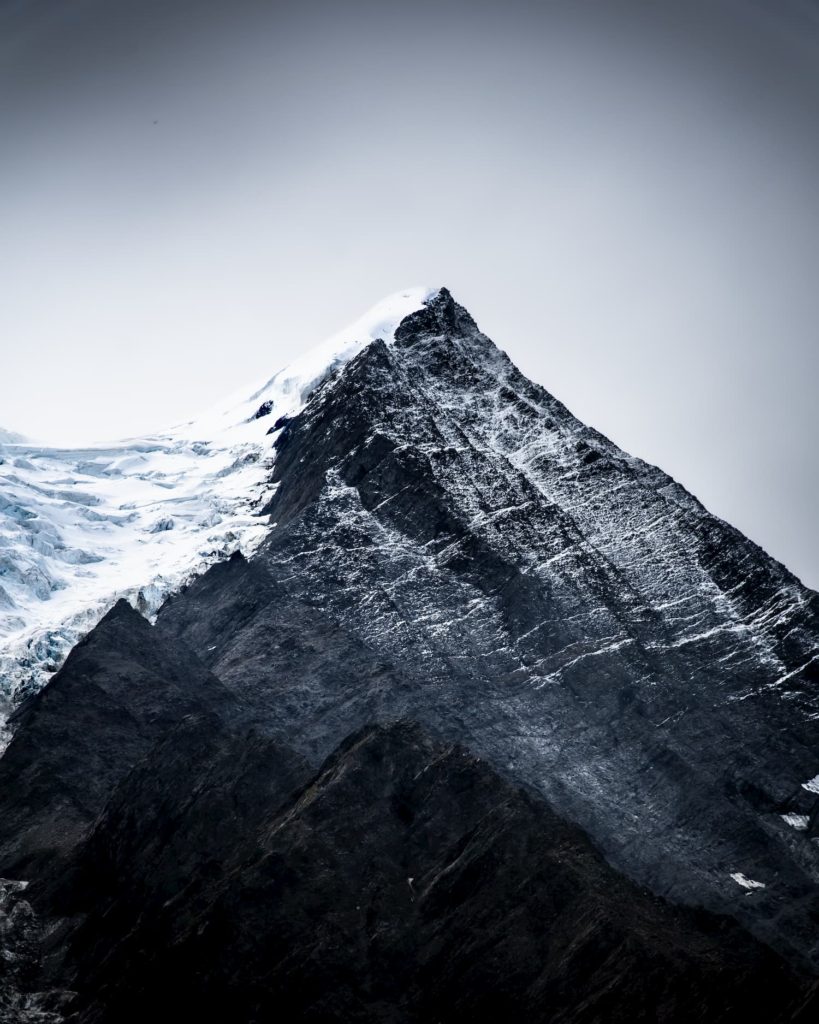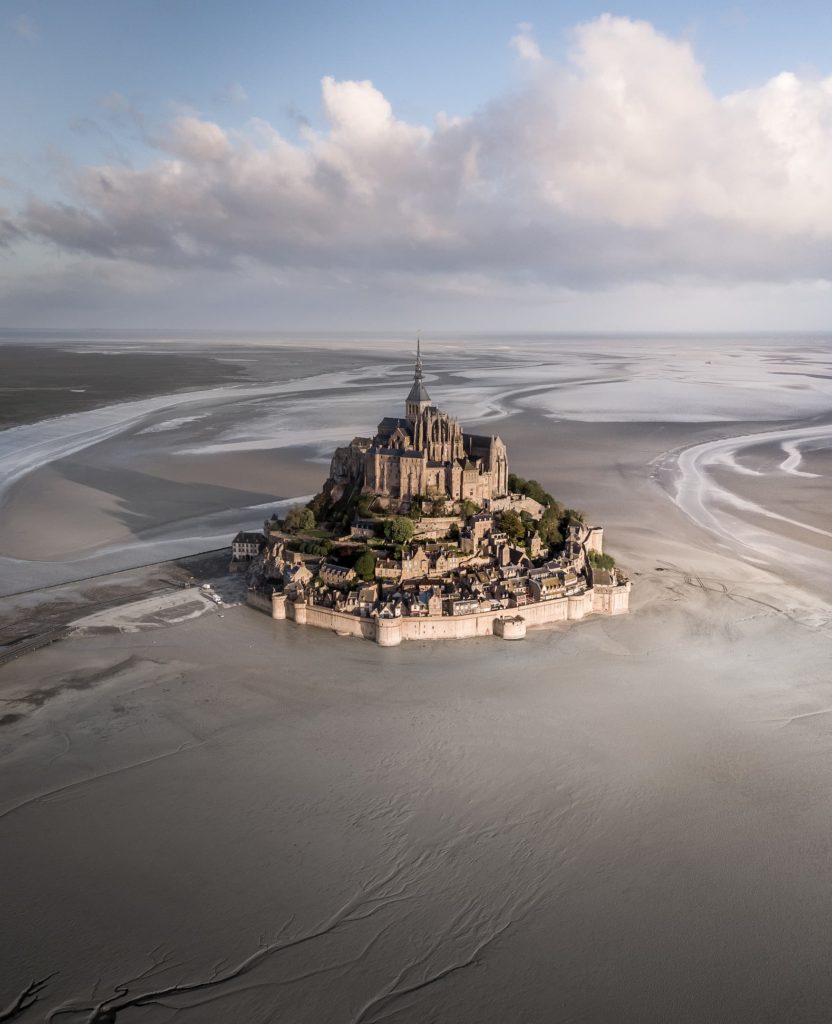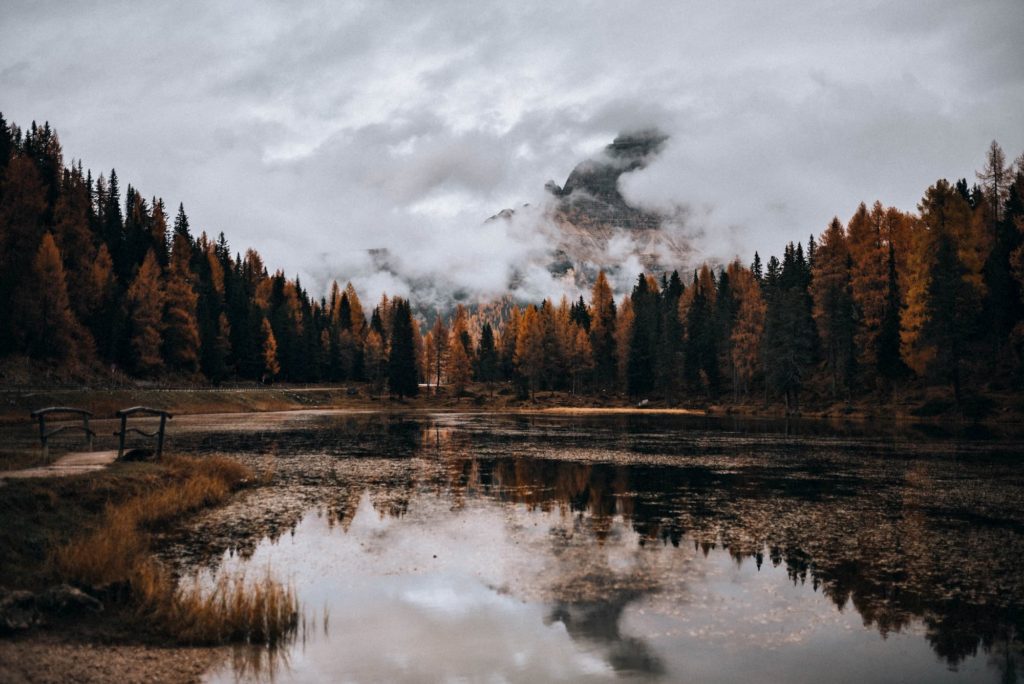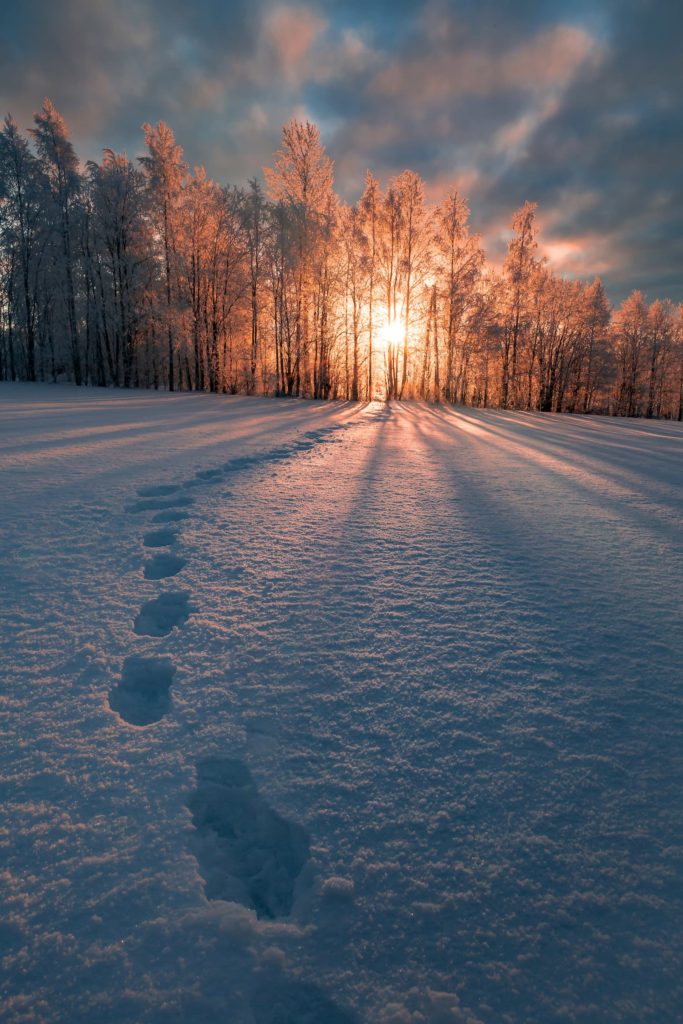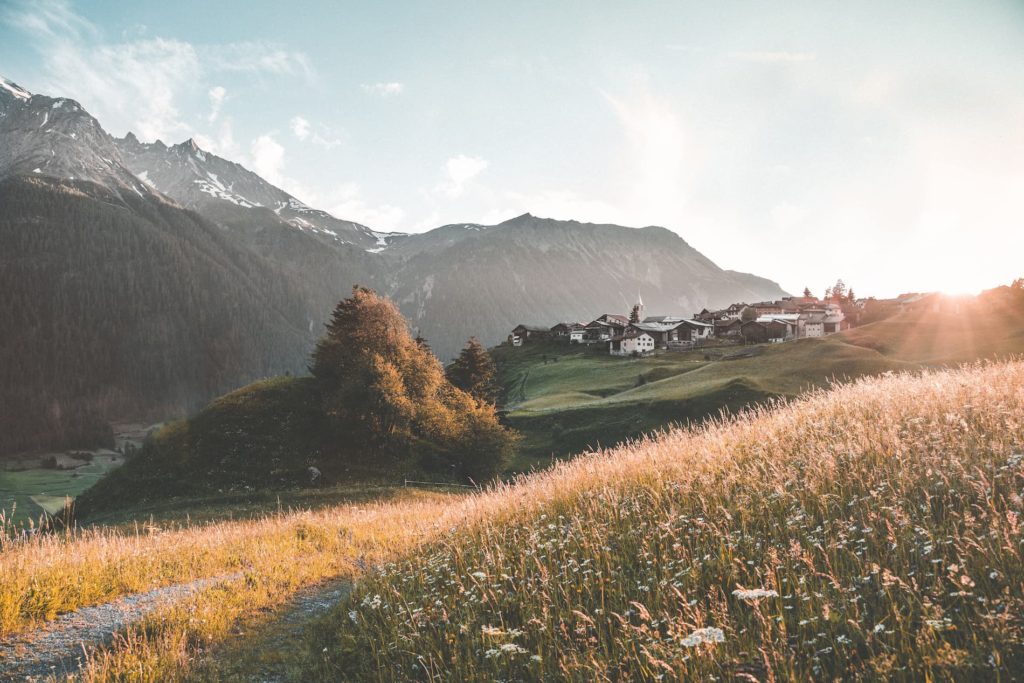
Austin Davis
@austindavispdx
Traveler and photography enthusiast based in the US
It’s hard to pinpoint exactly when my passion for photography began. At a pretty young age I became fascinated with the idea of freezing a moment in time. It’s kind of an amazing thing when you think about how quickly time goes by, how fast everything seems to move around us, and we’re able to capture a single frame of how life looked in that moment and probably won’t look exactly the same again.
The summer before starting high school, I was excited to take photography classes but when it was time to choose electives, the school had discontinued the photography program. I have always been into playing music as well, so during all the high school years I ended up focusing on music instead. It wasn’t until after high school when I got my first semi-professional camera and started teaching myself how to use it. I spent a lot of nights for several years working on long exposure and light trails.
"Photography is just a fun hobby at this point in my life. It's a cliché, but of course I would love to make travel photography a career. However, I would be happy with anywhere in between."
It seems like travel is one of those passions that most people have. It’s strange to me when I hear about people who don’t like to travel. Other than just being exciting, I think it’s extremely rewarding, enlightening and humbling. It’s great hands-on experience when it comes to learning about other cultures. I would actually love to be a proper nomad, to move around and live in many different places. I really can’t stand being at home for too long. It’s a feeling of malaise.
"Fernweh" is a term that you've probably heard before. It's a German word meaning "farsickness," the opposite of homesickness; like wanderlust, or "the longing for far-off places."
One of my favorite things about travel is visiting unique bars and trying different whiskies around the world. Whiskey is my drink of choice – I try to find a speakeasy everywhere I go. It is also connected to my photography; I carry around an empty crock-style bottle of Tullamore Dew and try to get interesting shots of it everywhere I travel to. It’s a fun project, kind of like The Roaming Gnome. I have a hashtag for those photos under #crockaroundtheworld. Tullamore Dew have yet to offer me a job but they do recognize and appreciate and share my content.
"I have been to several amazing places and have had many remarkable experiences. Some in very big and crowded cities like New York and Amsterdam, some in very remote places like Lofoten, Norway and Mykines, Faroe Islands."
One of the most special trips I’ve taken was spending 10 days in Iceland. I had wanted to go there all through high school. I planned to go after graduating but it took a lot longer to finally get there. I went with one of my best friends in October 2017. We rented a camper van and circled the entire country, saw most of the main attractions but also ventured out on lots of small dirt and gravel roads. We wanted to see as much as we could and get as far away from the crowds as possible. Several nights we were able to camp out in the middle of nowhere and had the vast landscape all to ourselves. We got lucky with the weather a couple nights and got to witness some incredible displays of the Aurora Borealis. It was my first time seeing the northern lights and I was in complete awe.
"They're something I have been fascinated with all my life and there's no way of describing the feeling while watching them dance across the sky. For me, travel is one of, if not the most, rewarding aspects of my life."
"I do not necessarily have to go far to enjoy wonderful landscapes though."
Generally the whole state of Oregon is very popular for photographers and Portland specifically – where I live – is great for city photography. Forest Park is one of the country’s largest urban forests with miles of hiking, biking and nature trails. Oregon has an incredible coastline, all of which is public. The Columbia River Gorge is the Pacific Northwest at its best with tons of waterfalls, vistas, and wildlife. Mount Hood National Forest has an abundance of lakes with Mount Hood as the backdrop. Lots of beautiful landscapes and snowy scenes. That area is one of the most popular destinations. Eastern Oregon is mostly a dry desert if that’s your thing.
Besides having photography as a tool to express my creativity, music has been my main creative outlet for many years – I started playing guitar when I was 12. New music or newly discovered music inspires me, of course, but also travelling and different landscapes. For example, the mountains and coastlines of northern Norway would translate into different music that I write compared to cityscapes.
I have thought a lot about post processing before. Actually, I’ve complained a lot about it. I’m constantly wondering why there’s not a camera that can capture an image of something exactly as the eyes see it. Color, light, perspective, depth of field. There are lots of techniques and tools that can get as close as possible but a raw image never looks the same as actual sight. Maybe it’s just me but that’s what I try to achieve when I’m editing—a closer depiction of how I saw it. It has been frustrating sometimes, when you have been waiting hours for this specific moment and the photo the camera shows does not represent the beauty of what you saw.
"So, if photography has taught me anything, it’s patience."
I’ve always been a very patient person but when it comes to photography I could wait all day (or night) for the specific shot I’m looking for. It has also helped me be more aware of what’s going on around me, the little things that I started developing an eye for when I started taking it more seriously. And I would be remiss if I didn’t mention Instagram. Their platform has been great for connecting with and learning from people around the world. Studying multiple peoples’ perspectives and styles has been exciting and inspiring.
"Overall, photography has been so enriching in the very broad sense of the word."
It’s has brought me awareness about everything that’s happening in the world at any given moment. An infinite amount of things surrounding an infinite number of subjects in an infinite variety of places. Endless moments that would normally go unseen, sometimes so brief there’s not enough time to capture them. In the noisy chaos of New York City, in the quiet stillness of the Sahara, in the desolate cold of the Antarctic, in the dense rainforest of the Amazon.
Would you like content like this sent to your inbox?
MUST READ STORIES OF APRIL
MUST READ STORIES OF MARCH
MUST READ STORIES OF FEBRUARY
MUST READ STORIES OF JANUARY
NOMADICT
ART GALLERY
THE LATEST STORIES
WRITEN WITH PASSION TO INSPIRE YOU
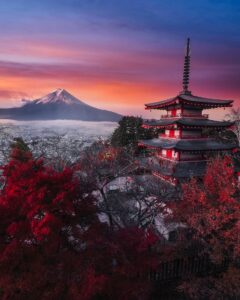
Sebastian Tan (@quetzalcoatlst): Best of the Week 44 at #nomadict
Driven by a desire to witness the world in its rawest states, Sebastian Tan pursues remote landscapes with patience and precision. Blending meticulous planning with resilience, his work transforms fleeting light into immersive fine art. Recognized internationally, Sebastian bridges the wild and familiar, inviting others to see through his lens.
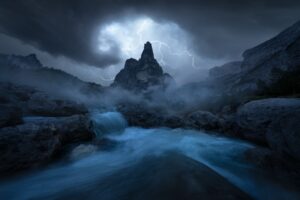
Filip Hrebenda (@filiphrebenda): Landscape and nature photographer
Known for capturing nature’s raw intensity, Filip Breda creates atmospheric landscapes shaped by storm, fire, and light. Winner of the 6th ColorPro Awards for Thunderstorm, his work reflects years of persistence, exploration, and a deep emotional connection to the elements.
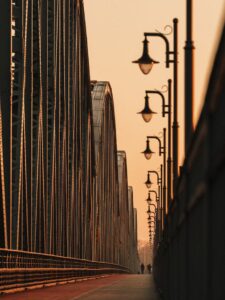
A guide to Toruń, Poland: A golden hour haven for telephoto tales in crimson and gold
Toruń, set along the Vistula River in north-central Poland, is a UNESCO-listed gem where Gothic brick façades glow in the last light of day. Small and unhurried, it’s a city made for slow wandering, and for watching golden hour turn terracotta rooftops into crimson and gold.
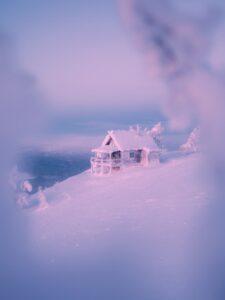
Kasper Rajasuo (@rajasuokasper): Best of the Week 46 at #nomadict
From childhood hikes to award-winning shots, Kasper Rajasuo’s journey is one of rapid evolution and deep connection. In this article, Kasper shares the technical secrets behind his “Santa’s Cabin” winning photo, the four lessons that defined his career, and how he uses color theory to transform harsh Finnish winters into dreamy, serene masterpieces.
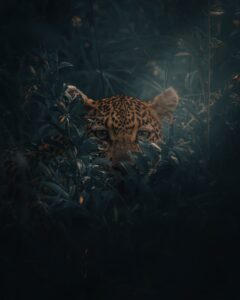
Andy Rider (@andyswildlife): Best of the Week 2 at #nomadict
Andy Rider is a passionate wildlife photographer and filmmaker based in South Africa, dedicated to capturing the raw beauty of nature while raising awareness about conservation. Inspired by legends like Steve Irwin, his journey began as a field guide, where he honed his skills and developed a deep respect for ethical wildlife photography.
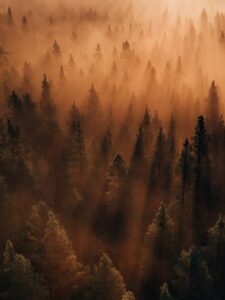
Philipp Pilz (@buchstabenhausen): Best of the Week 43 at #nomadict
In this article, photographer Philipp shares how time, clarity, and consistency have shaped his evolving relationship with nature photography. Drawn ever further north, he writes about embracing uncertainty, working with restraint, and finding beauty even when plans fall apart — including the unlikely story behind his Best of the Week–winning image.
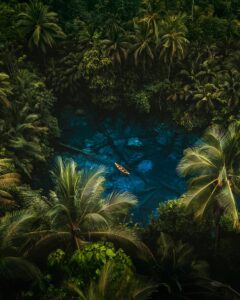
Tom Fähndrich (@tofenpics): Best of the Week 47 at #nomadict
Tom shares the journey behind his winning photography, from a passion for exploration and remote places to field lessons, composition choices, and color grading.
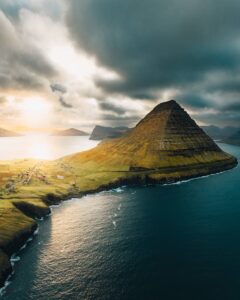
Photo tour in the Faroe Islands
Join us in the Faroe Islands for a unique photo tour, where you’ll elevate your creative skills with expert guidance from Ronald Soethje and Nomadict.
